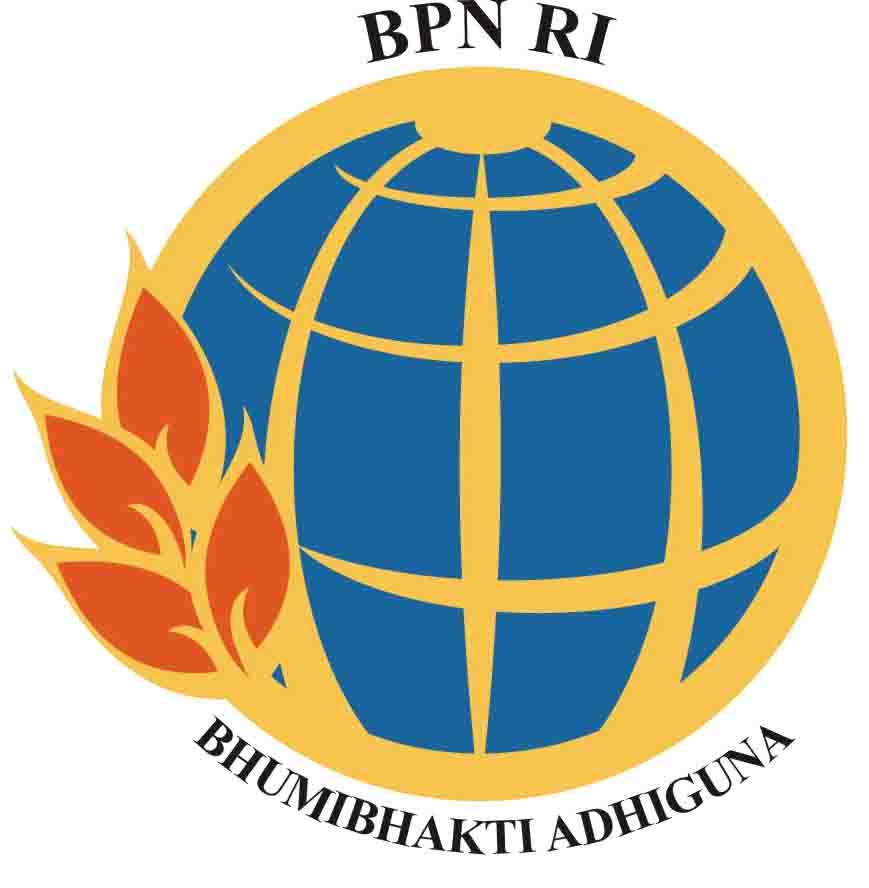BPN: Understanding The Importance And Impact Of The National Land Agency
BPN, or Badan Pertanahan Nasional, plays a crucial role in managing land resources in Indonesia. This agency is responsible for land registration, land management, and ensuring land tenure security. Understanding the function and significance of BPN is essential for anyone interested in land ownership and development in Indonesia. In this article, we will delve into the various aspects of BPN, its roles, and its impact on society and the economy.
BPN has become increasingly relevant as urbanization and land disputes rise in Indonesia. The agency's efforts to provide clarity and security in land ownership are vital for sustainable development. This article aims to provide a comprehensive overview of BPN, including its history, functions, challenges, and future prospects. By the end of this piece, readers will have a solid understanding of BPN and its significance in the Indonesian context.
As we explore the topic of BPN, we will cover various sub-topics, including its history, functions, challenges faced, and its impact on land ownership and the economy. We will also provide data and statistics to support the information presented, ensuring that this article serves as a valuable resource for readers seeking knowledge about Indonesia's land management agency.
Table of Contents
- 1. History of BPN
- 2. Functions of BPN
- 3. Challenges Faced by BPN
- 4. Impact of BPN on Land Ownership
- 5. Statistical Overview of BPN
- 6. Future Prospects of BPN
- 7. Conclusion
- 8. References
1. History of BPN
BPN was established in 1960, following the enactment of the Basic Agrarian Law (Undang-Undang Pokok Agraria). The law aimed to regulate land ownership and create a fair and just land tenure system in Indonesia. Over the years, BPN has evolved to address the growing demands of land management and the complexities of land disputes.
The agency has undergone several reforms to improve its efficiency and effectiveness. In 2001, BPN was restructured to enhance its role in land administration and management. This restructuring aimed to streamline processes and improve service delivery to the public.
2. Functions of BPN
BPN has several key functions that are essential for land management in Indonesia. These include:
- Land Registration: BPN is responsible for registering land ownership to ensure legal certainty for landowners.
- Land Management: The agency oversees the management of state land and ensures that land use complies with regulations.
- Conflict Resolution: BPN plays a crucial role in resolving land disputes through mediation and negotiation.
- Policy Development: BPN contributes to the formulation of land policies and regulations to promote sustainable land use.
2.1 Land Registration Process
The land registration process involves several steps, including the submission of required documents, land survey, and issuance of land certificates. This process is vital for protecting the rights of landowners and preventing disputes.
2.2 Importance of Land Management
Effective land management is crucial for sustainable development. BPN ensures that land resources are utilized efficiently and responsibly, balancing economic growth with environmental protection.
3. Challenges Faced by BPN
Despite its important functions, BPN faces several challenges that hinder its effectiveness:
- Corruption: Corruption within the agency can undermine public trust and hinder land management efforts.
- Lack of Resources: Insufficient funding and personnel can limit BPN's ability to carry out its functions effectively.
- Land Disputes: The prevalence of land disputes can strain BPN's resources and complicate land management.
4. Impact of BPN on Land Ownership
BPN significantly impacts land ownership in Indonesia by providing legal certainty and reducing disputes. The agency's efforts in land registration have increased public awareness of land rights and encouraged responsible land ownership.
Moreover, BPN's role in conflict resolution has helped mitigate tensions between landowners and stakeholders, fostering a more stable environment for land development.
5. Statistical Overview of BPN
To understand the impact of BPN better, here are some statistics:
- As of 2023, BPN has registered over 80 million land parcels across Indonesia.
- Approximately 60% of land disputes in Indonesia are resolved through BPN's mediation efforts.
- BPN has increased land registration services by 20% over the past five years.
6. Future Prospects of BPN
Looking ahead, BPN aims to enhance its services through digital transformation. The agency plans to implement online land registration and management systems to improve accessibility and efficiency.
Additionally, BPN is focusing on capacity building and training for its personnel to address challenges and improve service delivery. The agency's commitment to transparency and accountability will be critical in maintaining public trust.
7. Conclusion
In summary, BPN plays a vital role in land management and ownership in Indonesia. Its functions, such as land registration and conflict resolution, are essential for promoting legal certainty and sustainable development. Despite facing challenges, BPN's commitment to improving its services and addressing land disputes will have a lasting impact on Indonesian society.
We encourage readers to engage with this topic by leaving comments or sharing their experiences related to land ownership and BPN. For more insights, feel free to explore other articles on our website.
8. References
For more detailed information, you may refer to the following sources:
- National Land Agency of Indonesia. (2023). Annual Report.
- World Bank. (2023). Land Management in Indonesia: Challenges and Opportunities.
- Legal Studies Journal. (2022). The Role of BPN in Resolving Land Disputes.
Jessy Erinn: The Rising Star Of Modern Entertainment
Exploring The Charm Of Antique Farmhouse: A Journey Through Time
Exploring Minards: A Comprehensive Guide To The Historic Figure And His Legacy


